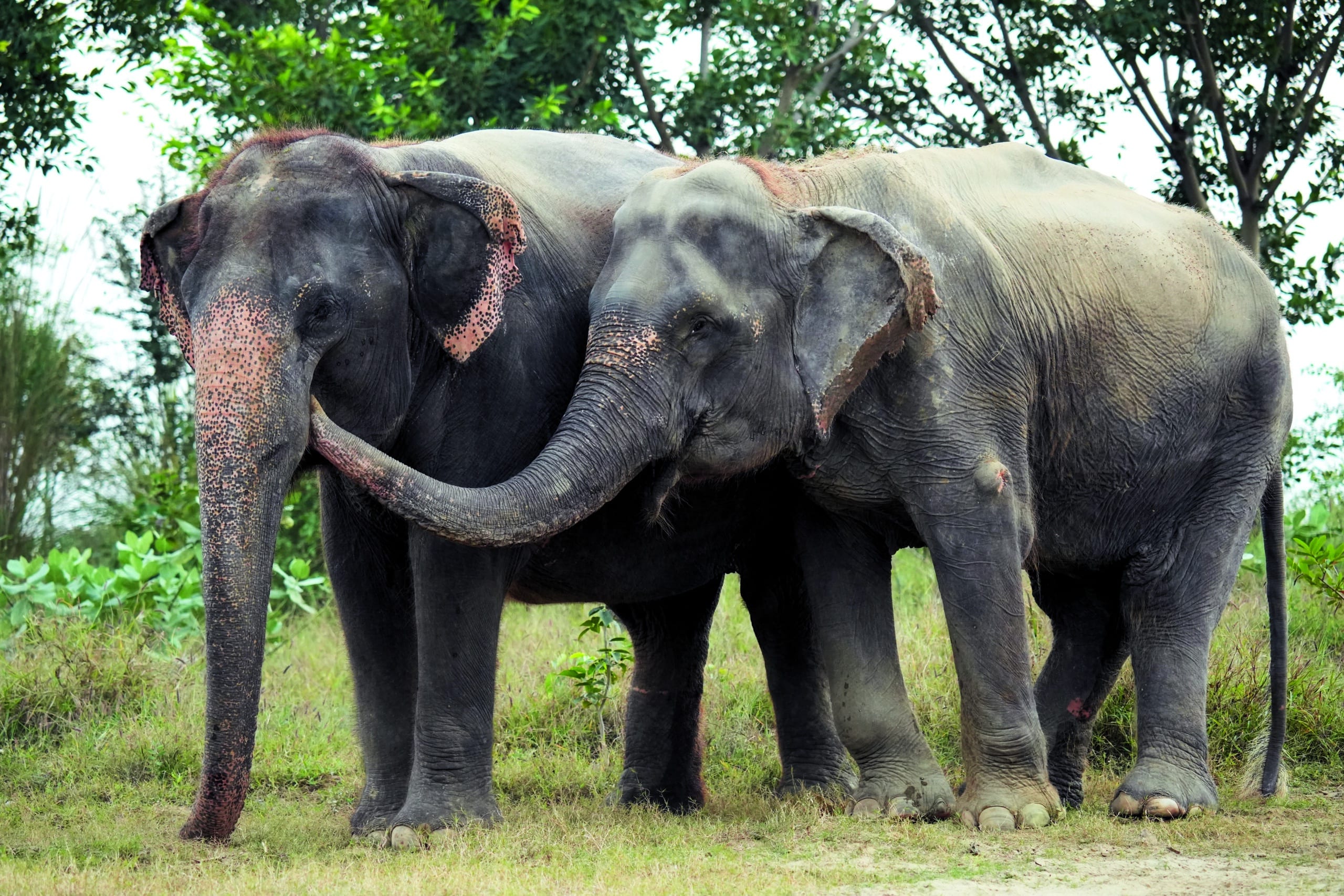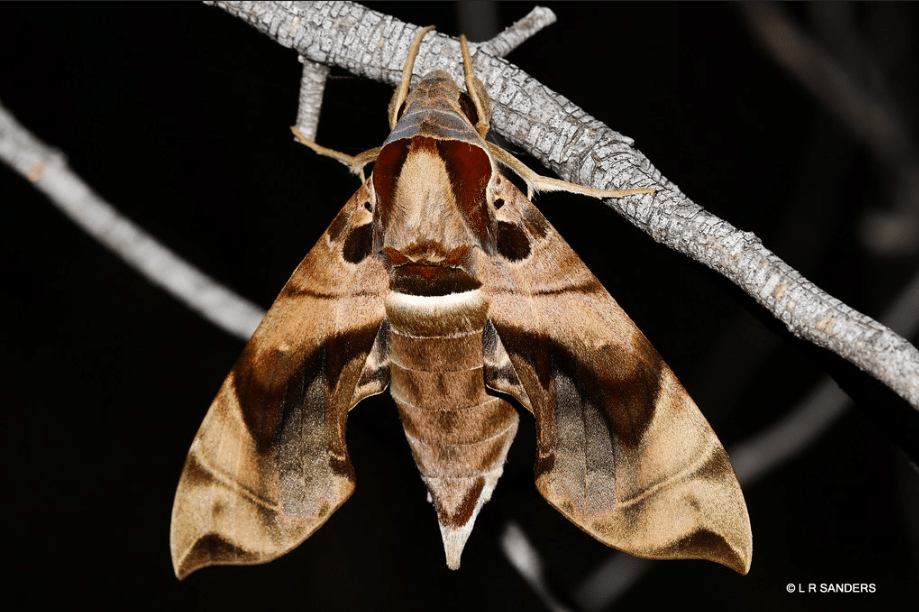You might remember Kalpana—I am happy to report that this year she celebrates her fifth rescue anniversary at Wildlife SOS. Formerly exploited and abused as a ‘begging’ elephant in Uttar Pradesh, Kalpana was rescued in 2019 and brought to the Wildlife SOS Elephant Hospital Campus (EHC) in Mathura for comprehensive...
With various plastic bans coming into effect across the country I’m sure you’re all considering how you can continue to reduce your use of plastic. And for good reason. Plastic can have significant impacts on the environment.
Plastic pollution is a fast-spreading epidemic that is killing marine wildlife through entanglement or ingestion of plastic debris, causing suffocation, starvation, and drowning. Every year, over 8 million tons of plastic waste enters the oceans (Jambeck et al. 2015) and research shows that 90% of all seabirds and 65% of fish species have ingested plastic over the course of their lifetimes (Wilcox et al. 2015, Markic et al. 2019).
Sadly this is not a new phenomenon. Back in 2011 HSI reported on a 2005 study of Flesh-footed Shearwater on Lord Howe Island by Ian Hutton and Jennifer Lavers that 78% of chicks had plastic in their stomachs, and a follow up study in 2010-2011 found that 96% of chicks had plastic in their stomach. This plastic is fed to the chicks by the parents, who mistake it for food. With plastic taking up more space in the stomach there is less room for the vital food the chicks need to develop and grow. The plastic may cut the stomach and block the intestines of the seabirds. This results is many chicks in poor body condition and sadly many more dying directly as a result of this ingested plastic.
Plastic pollution is a globally, pervasive problem with plastic carried around the world to the most remote parts by oceanic current. However, by simply changing our behaviours we can help to reduce the impacts on seabirds and other marine wildlife by reducing the amount of plastic in the environment and cutting off the source.
To help the fight against plastics, we asked our staff to share with you their favourite plastic reduction tips!
Our Finance and Governance Manager, Gill Lawrence, says, “At home I have bought some beeswax wraps to use instead of cling film to cover left over food or just use a plate instead!”
Kelsey Olson, HSI’s Fundraising & Digital Specialist, said, “Ditch produce bags in the grocery store. Medium sized items like mandarins go in the trolly and then the shopping bag just fine. You can use the small paper bag for other loose items like mushrooms or beans.”
Our Program Manager for Animal Welfare, Georgie Dolphin, suggests “avoiding plastic at children’s birthday parties by replacing plastic straws, plates, and balloons to decorate, with other paper and reusable options instead – it’s easy and also helps to show other parents how parties can be more planet-friendly.”
Head of Campaigns Nicola Beynon, said, “I like to pick up plastic on my dog walks along the water or through the neighbourhood!”
Lawrence Chlebeck, our Marine Biologist, says, “I buy as much as I can from the bulk food shop (oats, nuts, rice, flour, olive oil, quinoa, sultanas, etc) and bring in my own jars so no plastic waste!”
Our Fundraising Manager, Rosie Lempriere, said, “With the need to do much more online shopping with lockdowns, I look to purchase from organisations that use plastic-free, recyclable packaging.”
HSI’s CEO, Erica Martin, recommends “no more plastic water bottles – I never go anywhere without my refillable bottle!”
What plastic can you cut back on?
Did you know? Seabirds such as albatross are also facing serious threats from bycatch.
We are fighting to protect these incredibly special seabirds, and you can support our work to protect sea animals from the persistent threat of bycatch by making a donation.


